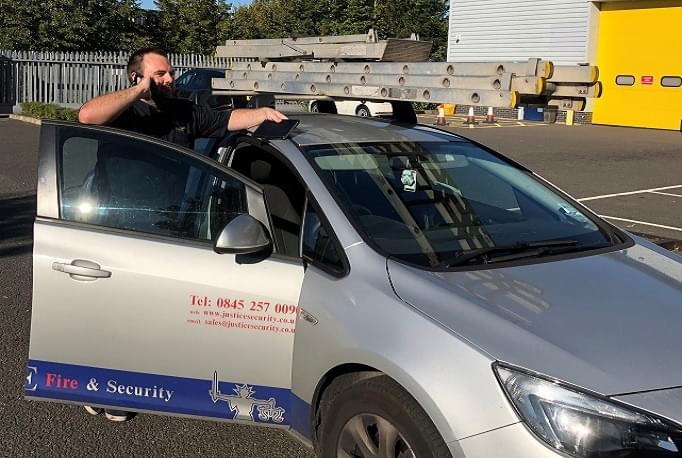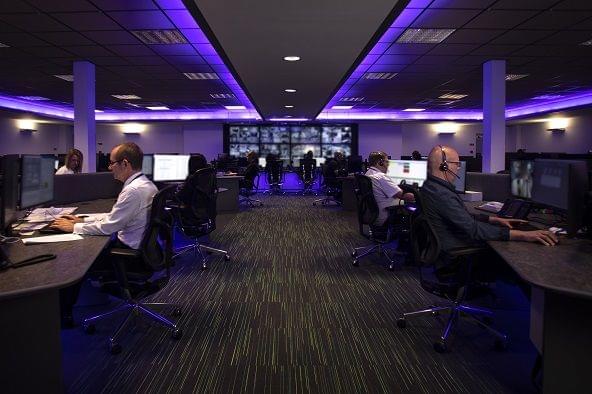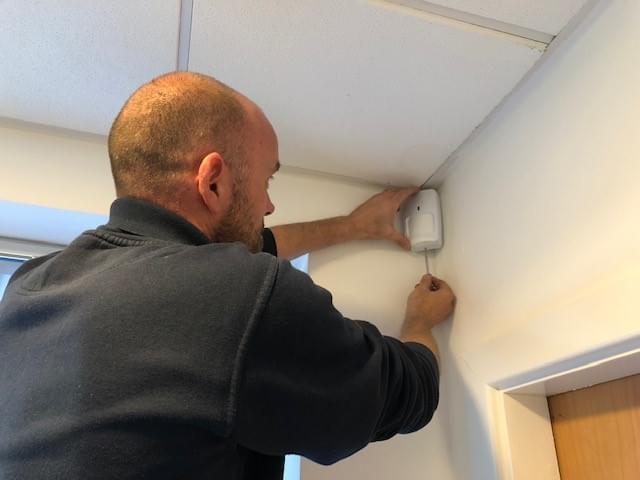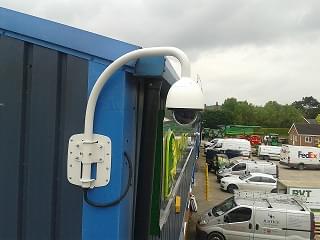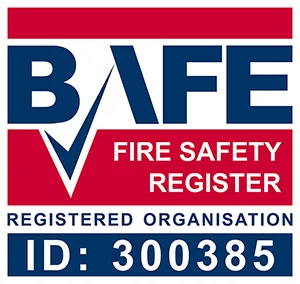CCTV is everywhere these days, providing security and surveillance for our homes, businesses and in our everyday lives.
It's there to prevent crime from happening but, crucially too, for providing cast-iron proof (should it be needed) that a burglary has been committed, or that there has been some kind of disturbance and often during hours of darkness when nobody is about, when the likelihood that anti-social behaviour will be at its greatest.
So, whilst CCTV is certainly an effective deterrent to criminal activity happening in the first place since intruders are far less likely to attempt to break into premises where closed-circuit cameras are in operation - with the best will in the world, these silent sentinels will never put a stop to every misdemeanour.
Nevertheless, CCTV does have a sting in its tail for those of a criminal persuasion - because if an intruder is caught on camera and can be identified, then the evidence can be used to bring about a successful prosecution.
So, the answer to the question is, yes, CCTV can be used in a court of law and frequently is.
What are the requirements to ensure that CCTV can be used successfully?
Firstly, you will need to assign a responsible person within the company, or private property, who should be the only person entitled to view any recorded material. This is for data protection purposes. You will also need to clearly display that there is CCTV monitoring taking place.
As far as the system itself is concerned, for CCTV to provide a practical and reliable means of producing potentially incriminating evidence, you need to make sure that the images recorded are going to be sufficiently clear for identification purposes. If the images are blurred, fuzzy or simply too grainy to show anything or anyone clearly, the police will almost certainly take the view that the footage will be of no use.
That's why it is important to ensure that the images that a CCTV system produces are of a high quality otherwise the system could let you down when it's most needed. Yes, it might deter people from breaking in to start with, but it won't be a reliable gatekeeper if it is unable to reliably identify what was happening and who was perpetrating the crime.
For this reason, we would strongly recommend that you have high resolution cameras installed.
To further assist, The Home Office provides helpful advice as to what the police will need from CCTV in order to make camera-caught evidence admissible in court.
They have published a 4-point CCTV checklist to ensure that your system is up to scratch. HO (publishing.service.gov.uk)
- 1.Quality
Are the pictures going to be good enough? Before you set up your CCTV system, you should have a good idea of what you want the system to do and how you want it to perform.
- 2.Storage
Access to the system and recorded images will need to be controlled to prevent any unauthorised viewing or tampering with the system. It may also be advisable to have a system that retains footage for more than 31 days (a month) if you need to consult recordings that go back further in time.
- 3.Export
Given that the investigator is likely to be unfamiliar with how your CCTV system works, itââ¬â¢s always best to ensure that pictures can be easily exported from the system to ensure they aren't missed.
- 4.Playback
It's also worth making sure that it will be easy for the investigator to replay the right images. This is to ensure that they can be authorised to carry the necessary weight and credibility in a court of law.
At Justice Fire and Security, we've been installing CCTV systems for homes and businesses for many years and can provide you with all the detailed advice you need to ensure any current or future system is fit for purpose.
CCTV is, without doubt, one of the most effective security investments you can make, but it needs to be tailored to your specific requirements (that's where we can provide in-depth knowledge). Should your system ever be called upon to provide evidence, then you want to be assured that the activity has been properly recorded to stand the best possible chance of bringing about a satisfactory prosecution.
From our West Midlands base, we have an extensive network of
local offices, handling all manner of commercial and domestic security and surveillance systems for clients throughout the counties
of Shropshire, Staffordshire and Warwickshire, covering Birmingham, Coventry,
Wolverhampton,
Stoke and Tamworth and elsewhere. In the East Midlands, we work across Derbyshire, Leicestershire and Nottinghamshire. Our
South East region handles projects throughout Buckinghamshire,
Northamptonshire and Oxfordshire, whilst our office in the south west offices covers Gloucestershire and Worcestershire.
We also have a big presence in the North West from our base in Cheshire.
If you have any concerns regarding your current commercial or home security arrangements or your existing provider, please call one of our local offices or our main number on 0845 468 0927


